US President Donald Trump has threatened to send troops "guns-a-blazing" into Nigeria if the country's government fails to prevent the persecution of Christians, according to a statement made on November 3, 2025. The threat was made in response to growing concerns over the treatment of Christians in Nigeria, where extremist groups such as Boko Haram have been responsible for numerous attacks and kidnappings.
In a statement released by the White House, Trump vowed to take action if the Nigerian government does not take adequate measures to protect its Christian citizens. "We will not stand idly by while Christians are persecuted and killed in Nigeria," Trump said. "If the Nigerian government fails to act, we will be forced to take action ourselves, and it will be guns-a-blazing."
The threat has been met with concern from international leaders and human rights groups, who have called for a more nuanced approach to addressing the situation in Nigeria. "We understand the concerns of the US government, but we urge caution and restraint in this situation," said a spokesperson for the United Nations. "A military intervention could have unintended consequences and exacerbate the situation."
The persecution of Christians in Nigeria is a long-standing issue, with extremist groups such as Boko Haram and the Islamic State in West Africa (ISWA) responsible for numerous attacks and kidnappings. According to Human Rights Watch, over 3,000 people have been killed in Nigeria since 2015, with many more displaced.
The US has a history of intervening in conflicts in Africa, including in Somalia and the Democratic Republic of Congo. However, experts warn that a military intervention in Nigeria could have significant consequences, including the potential for civilian casualties and the destabilization of the region.
The Nigerian government has responded to Trump's threat by saying that it is committed to protecting its citizens and will not be intimidated by external pressure. "We will not be threatened or bullied into taking action that is not in the best interests of our country," said a spokesperson for the Nigerian government.
The situation in Nigeria remains fluid, with the US and Nigerian governments engaged in diplomatic efforts to address the issue. The US has also imposed sanctions on several individuals and groups in Nigeria accused of human rights abuses, including Boko Haram leaders.
As the situation continues to unfold, international leaders and human rights groups are calling for a more comprehensive approach to addressing the persecution of Christians in Nigeria. "We need to work with the Nigerian government to address the root causes of the conflict, including poverty, inequality, and lack of access to education and healthcare," said a spokesperson for Amnesty International. "A military intervention is not the solution to this complex problem."
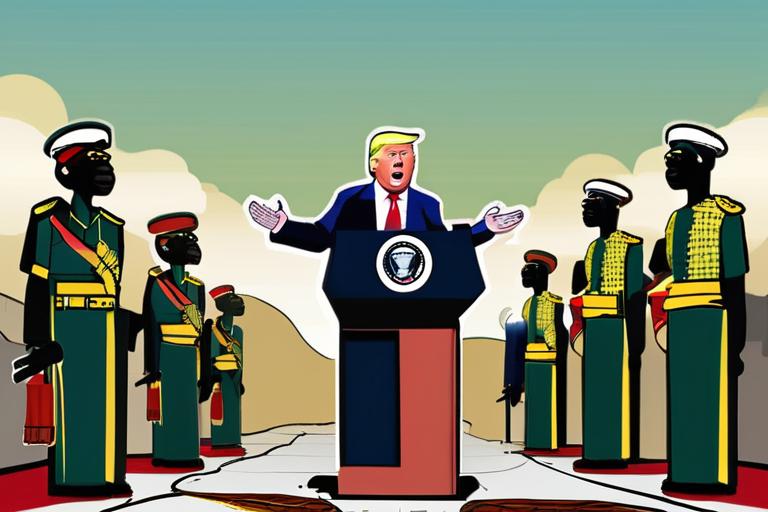


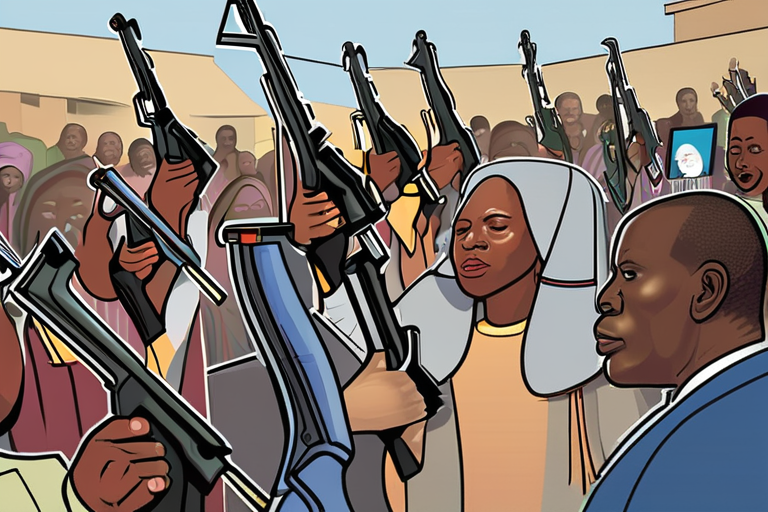
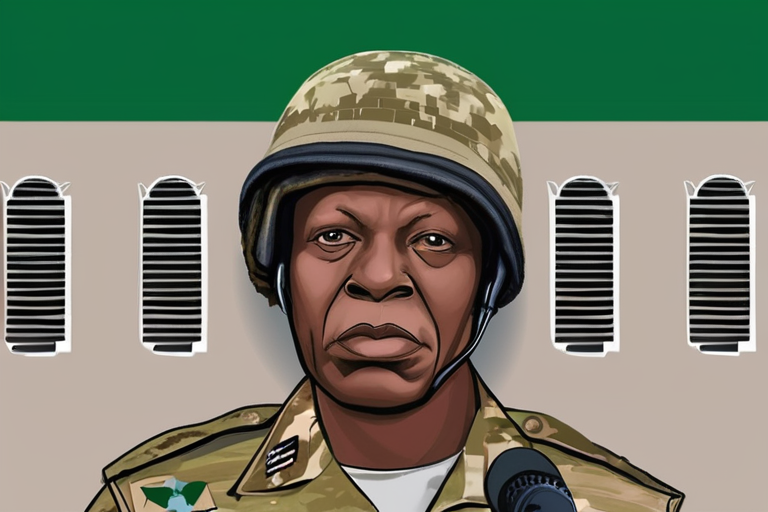
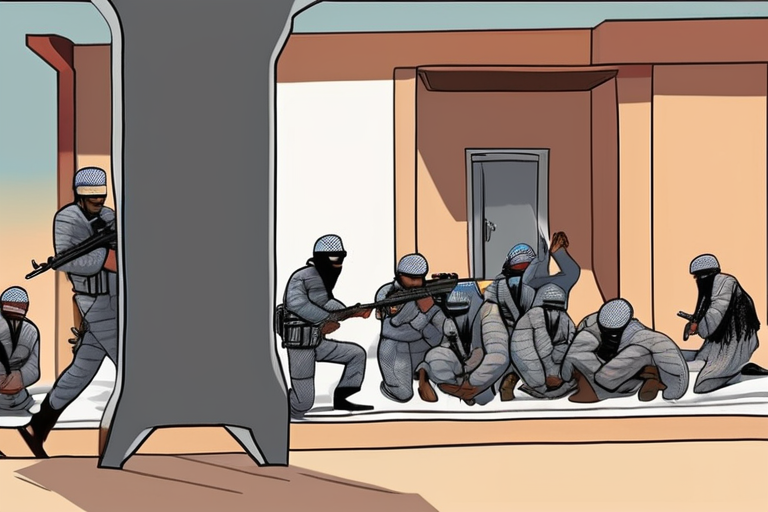
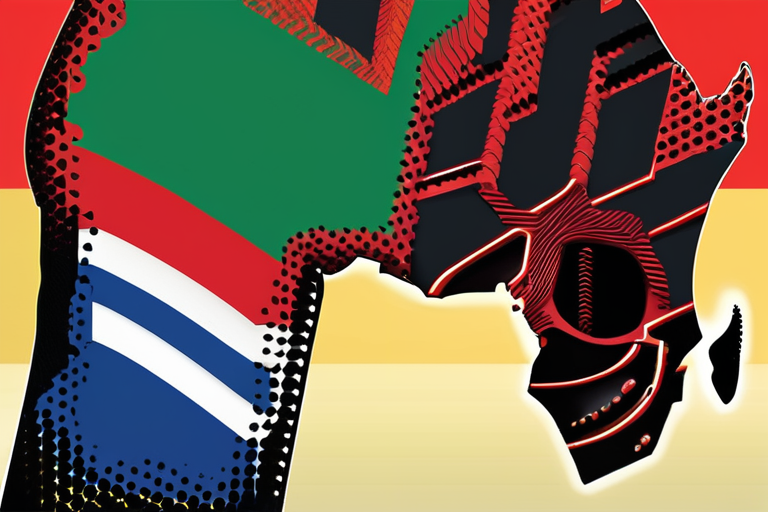
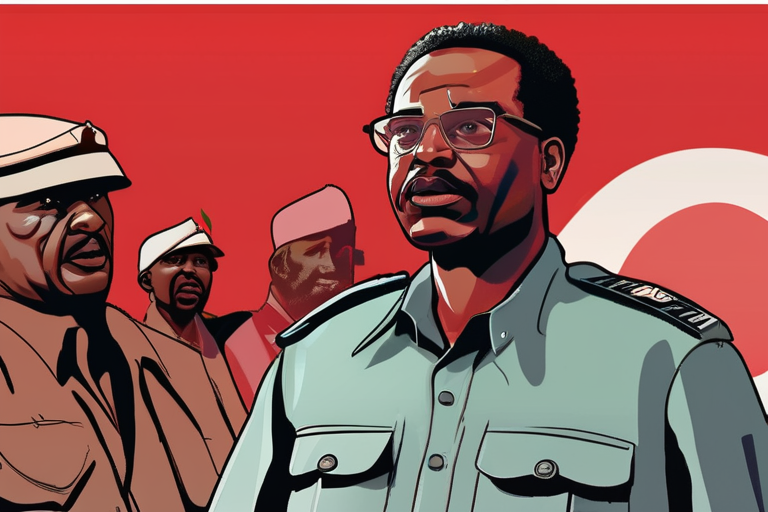
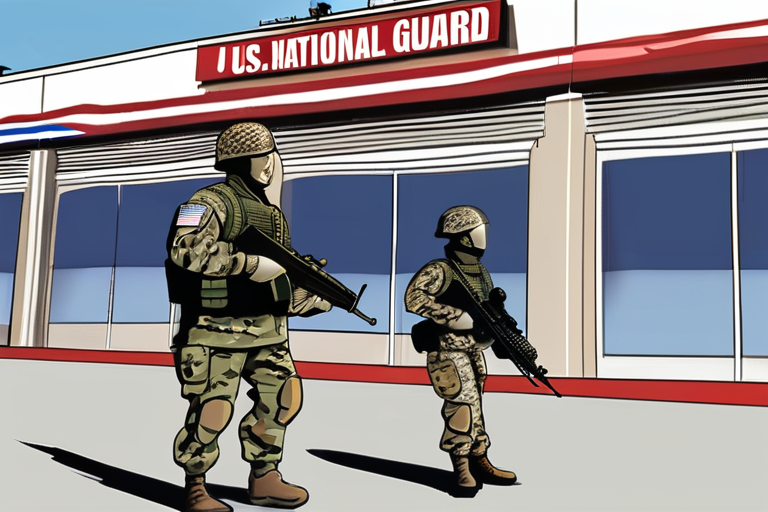
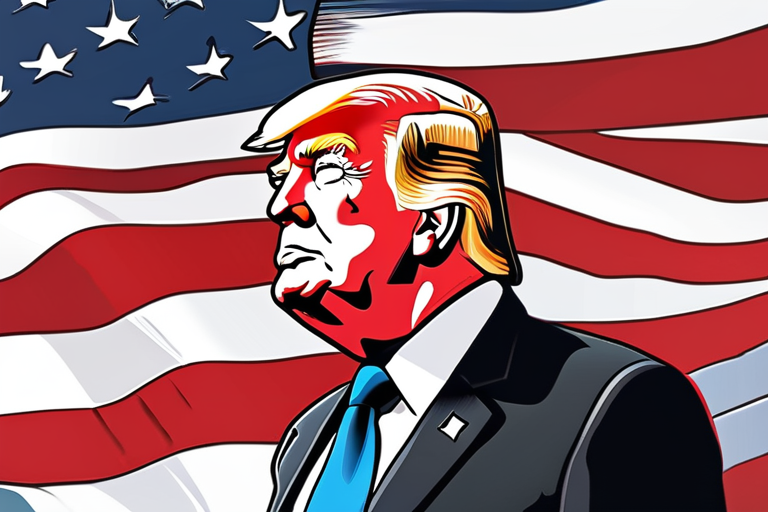
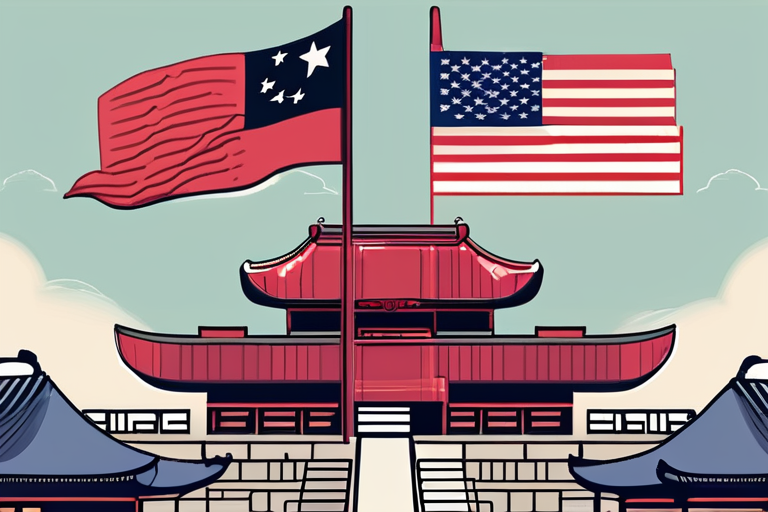
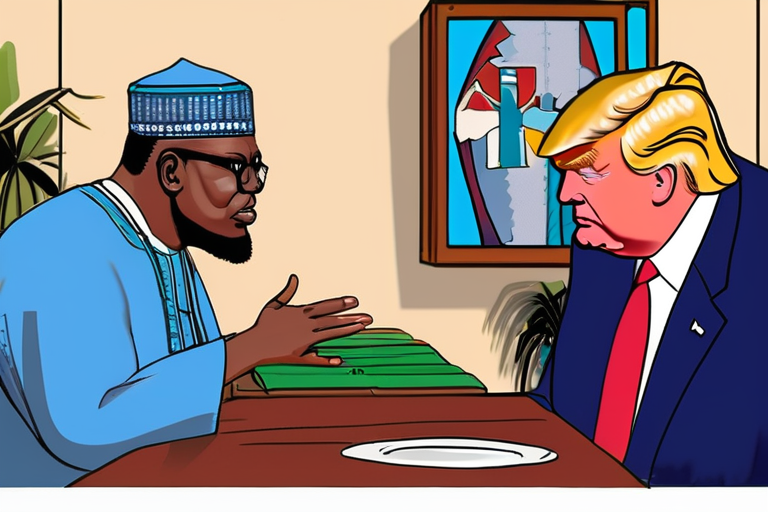
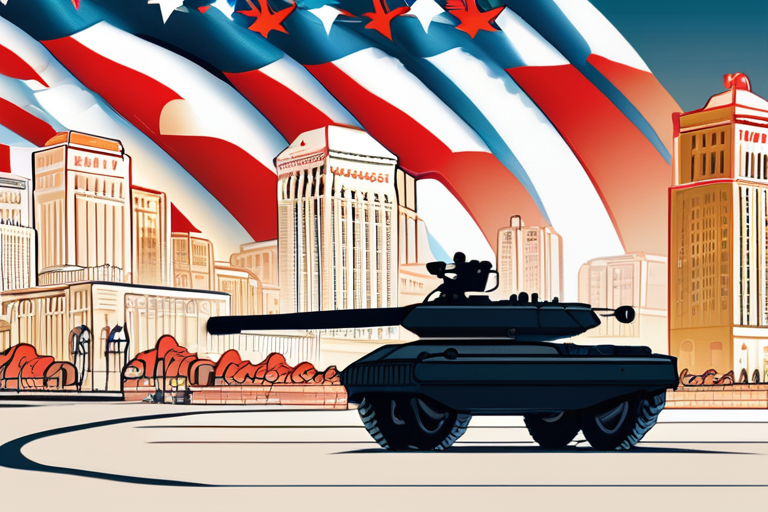
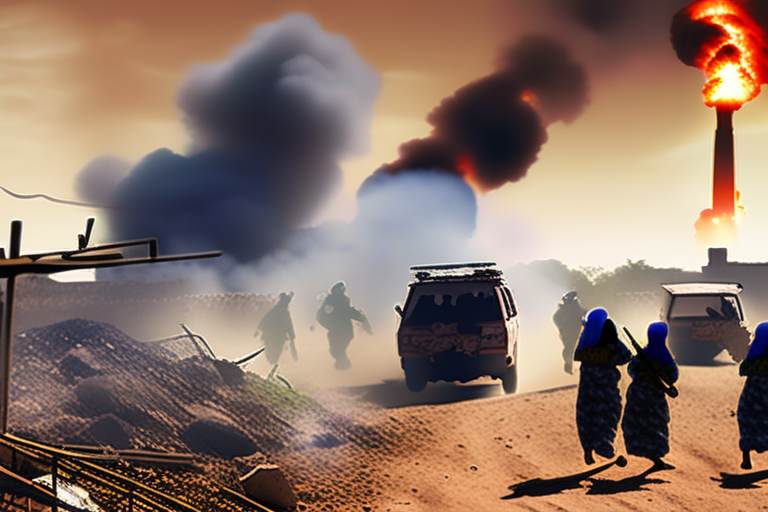
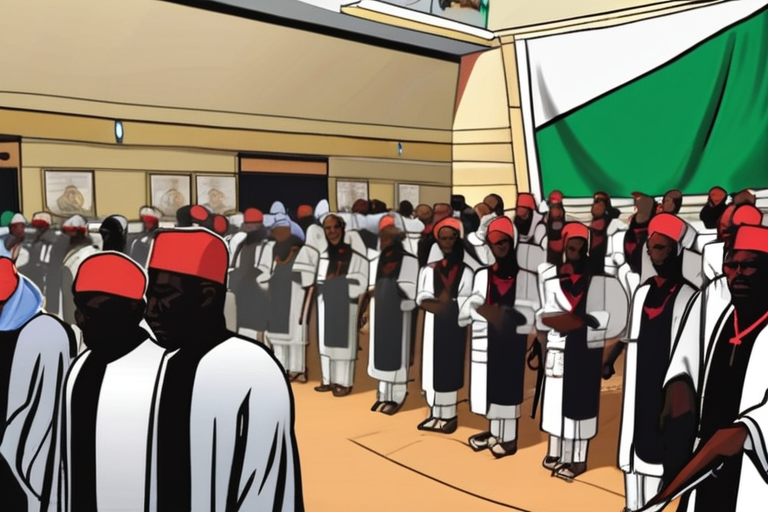
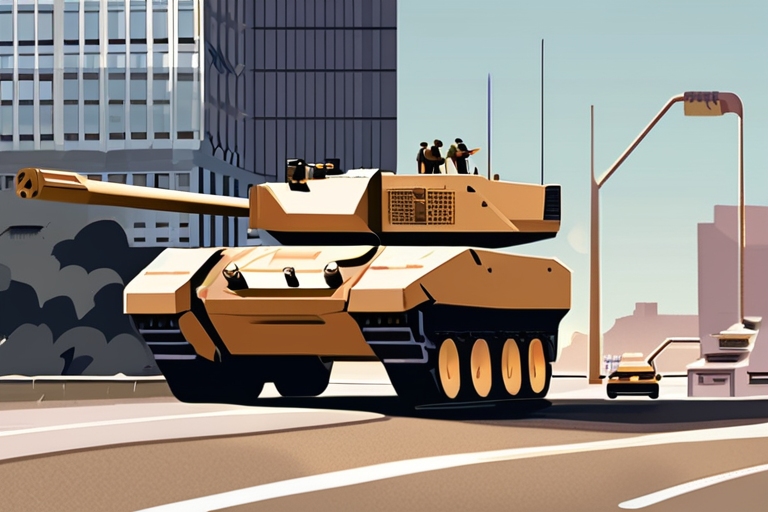
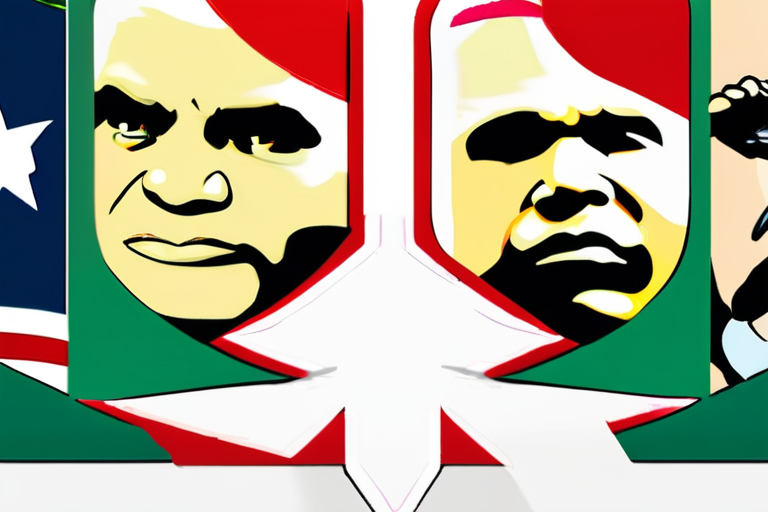

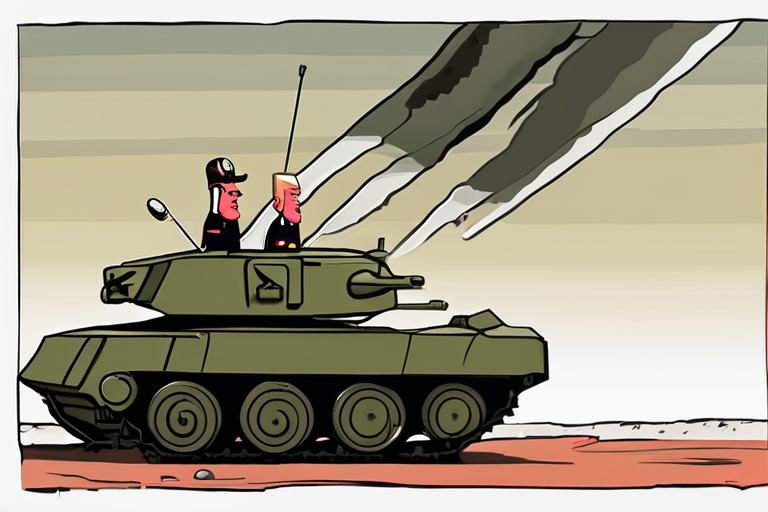
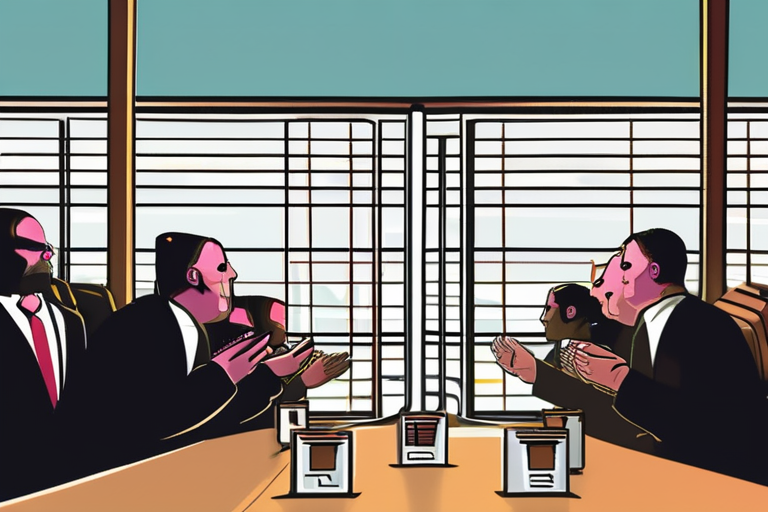
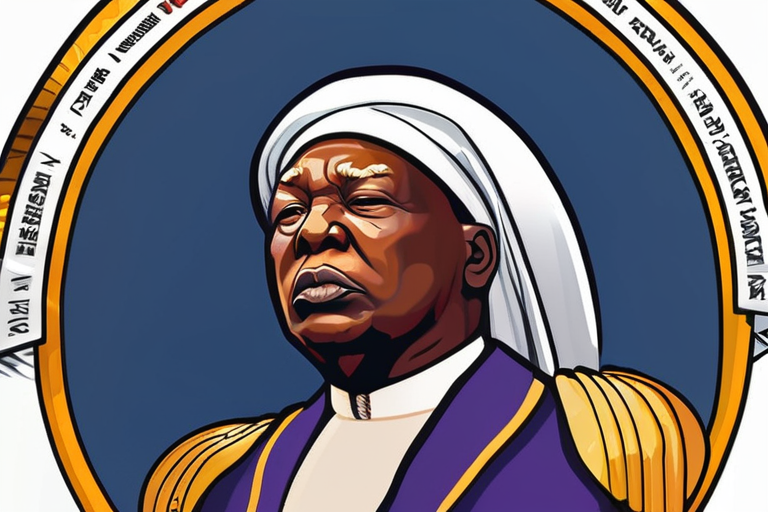
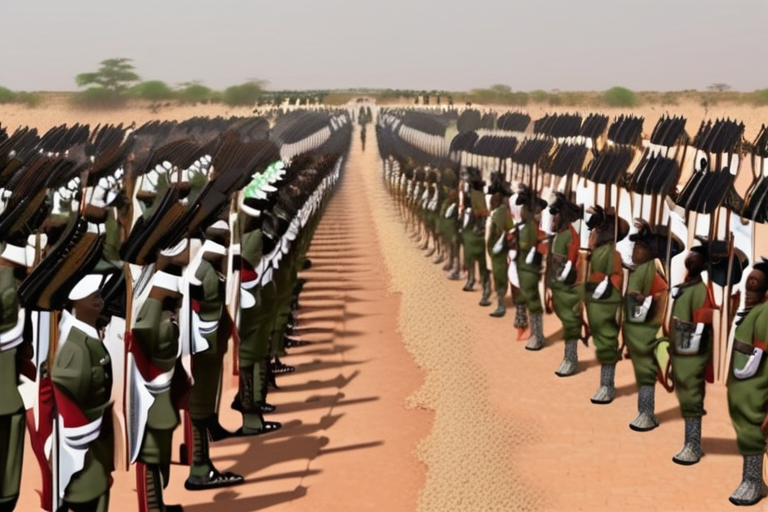
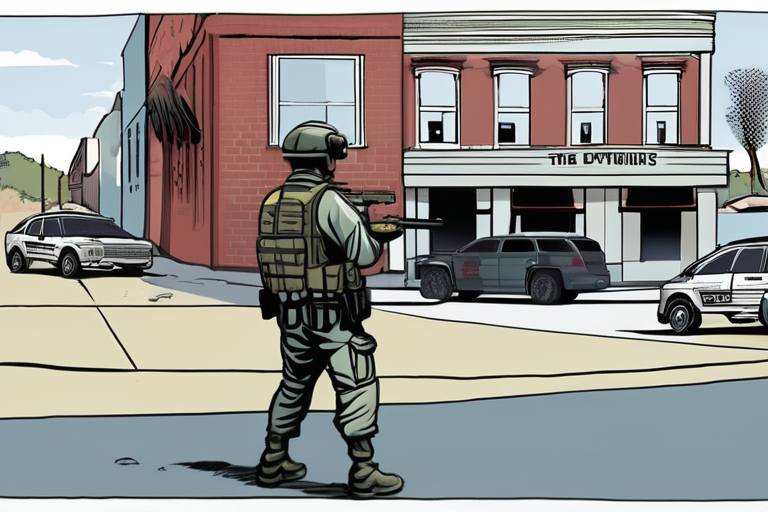
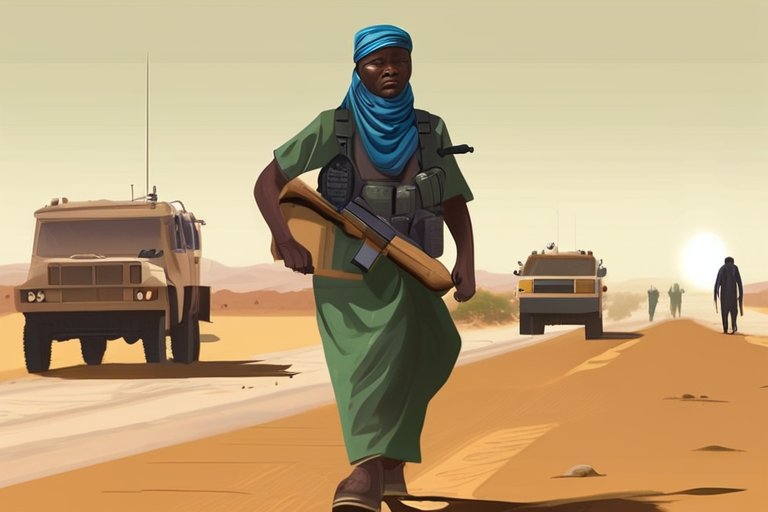
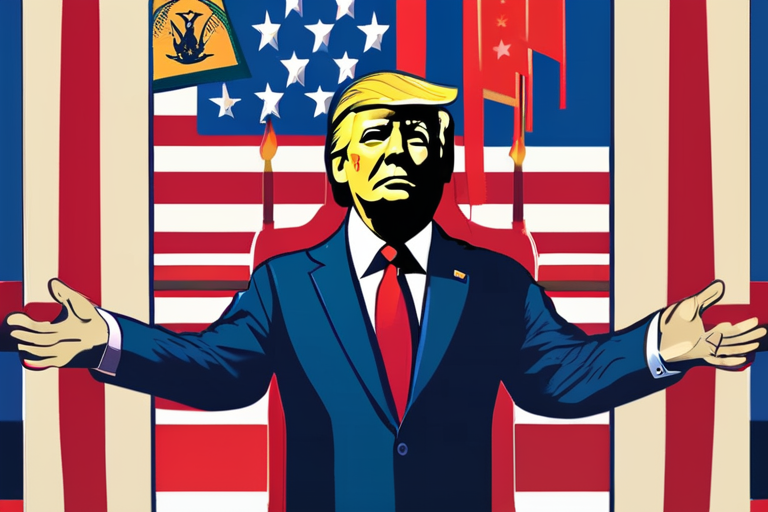
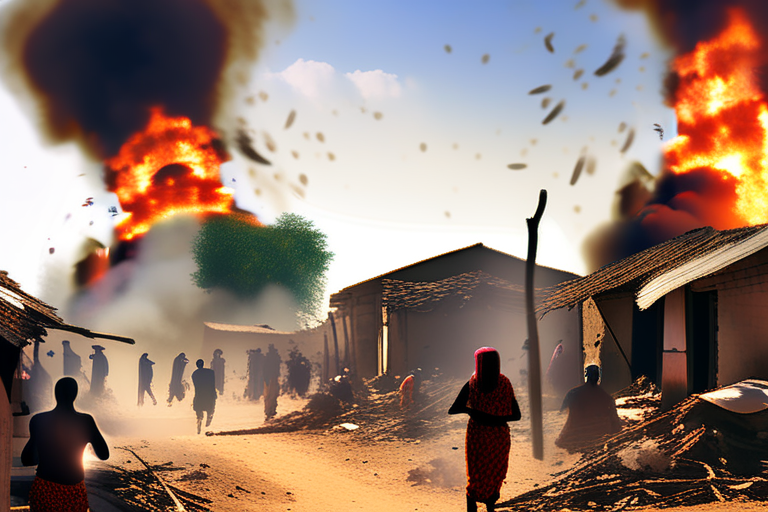
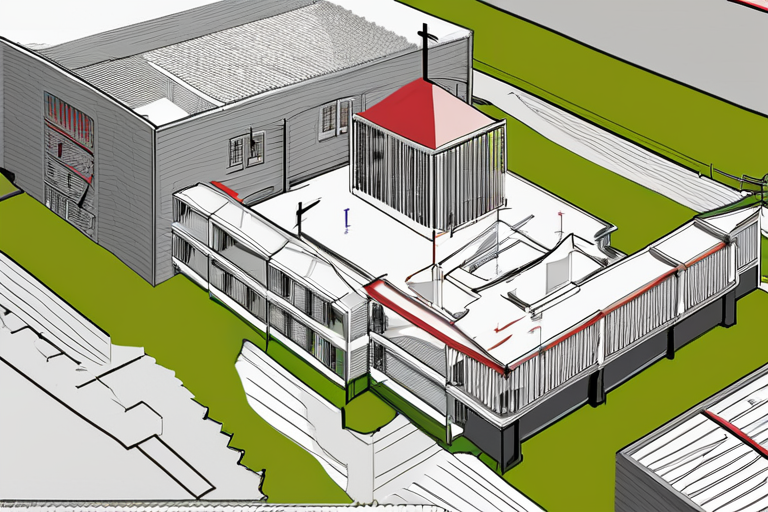
Share & Engage Share
Share this article